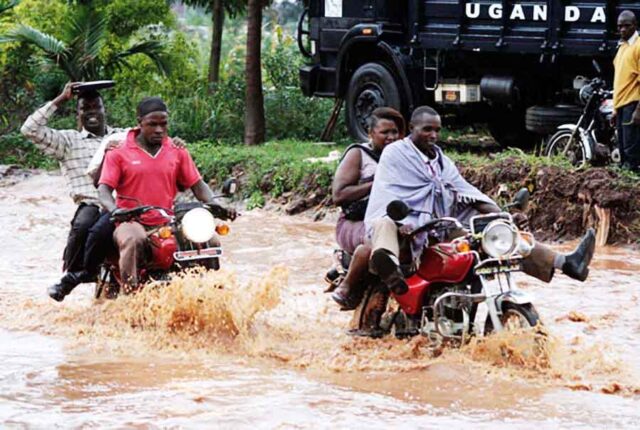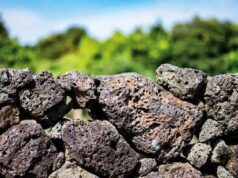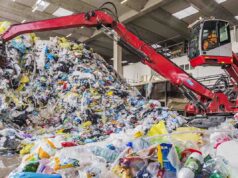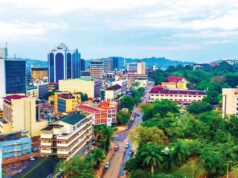By Pauline Akello
After experiencing one of her worst droughts, Uganda is now facing the devastation of severe flooding due to heavy rainfall.
Dozens of men, women and children have lost their lives as a result, leaving the nation and, especially residents of those areas prone to severe flooding in a constant worrying state.
The losses
Recently, torrential rains triggered landslides in South-Western Uganda. Hundreds of people were left homeless as their homes were buried in the foothills of the Rwenzori mountain in Kasese district.
We are aware of Bwaise; a Kampala suburb, which slightly lies above the drainage channel of the Northern bypass.
This area has always been prone to flooding. Within Kampala alone, areas such as Bugolobi, industrial area and Namuwongo, have been affected most by floods this season. As a result, the lives of the residents remain at stake.
Motorists and pedestrians leaving Kampala city centre to these areas have had to risk wading through the flood water or find alternative routes.
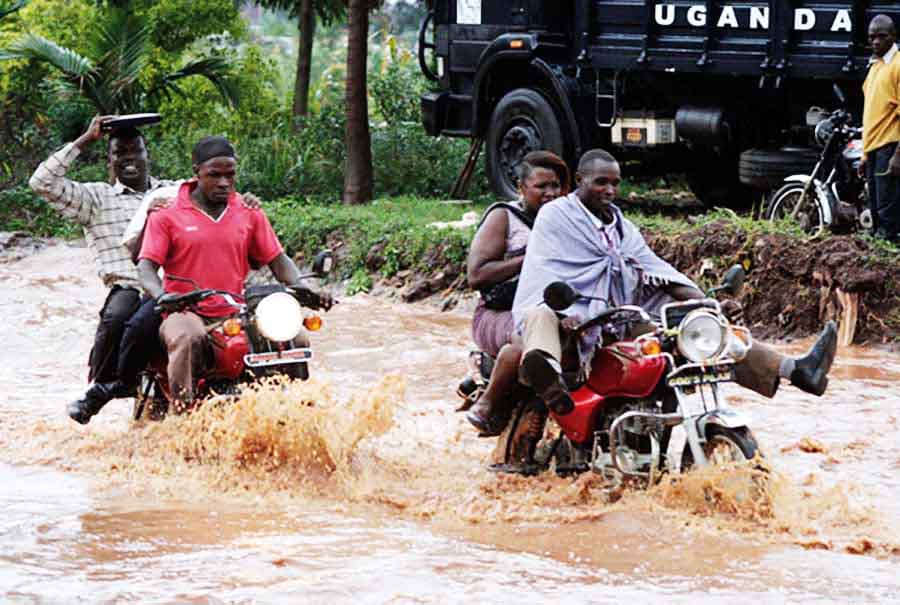
This, without doubt, slows down traffic and businesses for the common man, given those who cannot risk stay at home.
The slum dwellers in these areas are suffering the most; some having lost their houses to floods.
They are homeless, probably with the hope that the rains may stop soon and they put up new structures.
Seasonal evaluation reports indicated substantial rains from July to December across several parts of the country.
The bottom line is; Uganda is still dealing with such issues, and those who suffer have to endure, especially in such times.
Others who lose their lives may not even make it to the media. The burden is great, and the pain, one can only imagine!
Hazardous attitudes
Frank Muramuzi, an environmentalist and executive director of the National Association of Professional Environmentalists (NAPE), says the long-term solution is to protect the environment, stay clear of wetlands, and riverbanks, and avoid destroying river pathways.
Climate change is evident and almost inevitable due to increasing industrialization and urbanisation.
He says we can no longer predict when the rains will come and how intense they will be.
“Many parts of Uganda are prone to flooding after heavy rains, but the whole country is vulnerable to natural disasters,” he says.
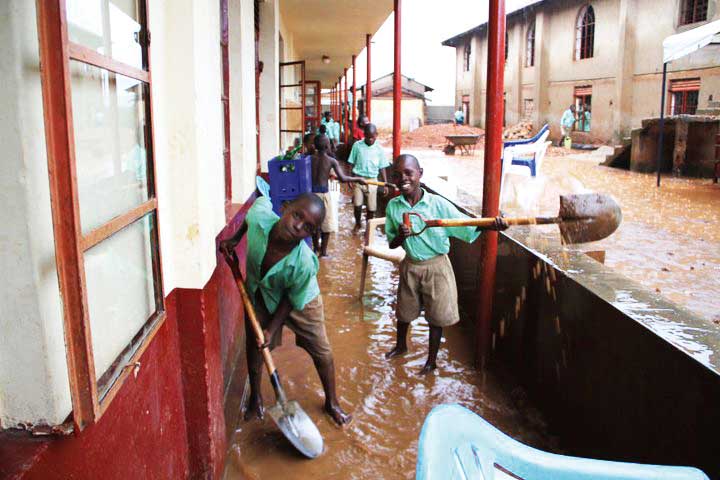
United Nations Office for the Co-ordination of Humanitarian Affairs reported that more than 300,000 people have been affected by floods and landslides in the Eastern and Western regions so far.
Mudslides and the overflow of water in submerging land that is usually dry in Uganda, are simultaneously rising with the highest population growth rates in the world.
As more people settle on the mountain, more trees are felled to make way for homes and farmlands.
Put simply, extreme weather has triggered a climate crisis and resulted in an environmental emergency.
What is at stake
In these days and times, every human livelihood and life is at stake. The risk of ignoring the tide is hazardous to us all.
For instance, look at the farming community; our society’s lifelines. Heavy rainfalls disrupt the food chain, wash away crops in the gardens, and so forth.
Ernest Namanya, an environmentalist and executive director of Latek Stay Alliance Uganda, an umbrella organization of national and international social entrepreneurs, says their projects were significantly ruined.
“Rains swept away the whole nursery bed we had just set up,” Namanya says.
Environmental issues plaguing us have to be dealt with in progressive steps to a better environment by making seemingly unrealistic solutions realistic.
Namanya says new factors have been already considered, through applying technology and information in the planning and building process of their work. Theirs is a vocation that interacts directly with nature.
He says: “Becoming environmentally sound and securing sustainable development which begins by getting more attention to the issue is the best thing to do.”
Fundamental efforts in research, monitoring and assessment will help with the growing environmental risk assessments, and risk management to better handle weather crises that may come.
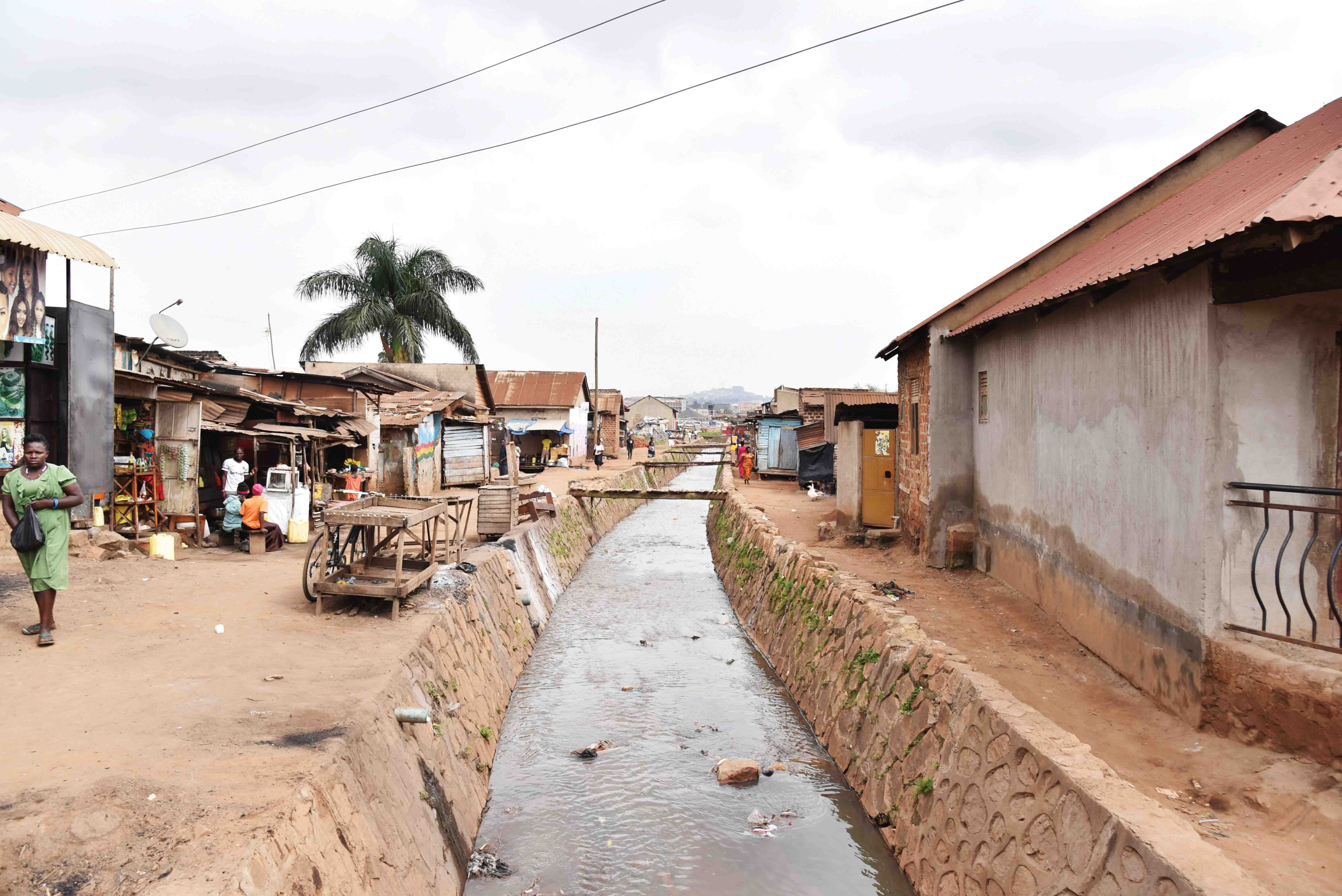
Muramuzi says our country needs to stay in the spotlight by pushing to shed some light on what these floods have done and what needs to be done against the impacts of the climate crisis.
Paying our dues
Muramuzi says we must become keen attendants to what is happening in Uganda. In theory, the government is often ascribed a pivotal role in protecting the environment.
This is through the implementation of environmental policies that protect the environment directly.
















